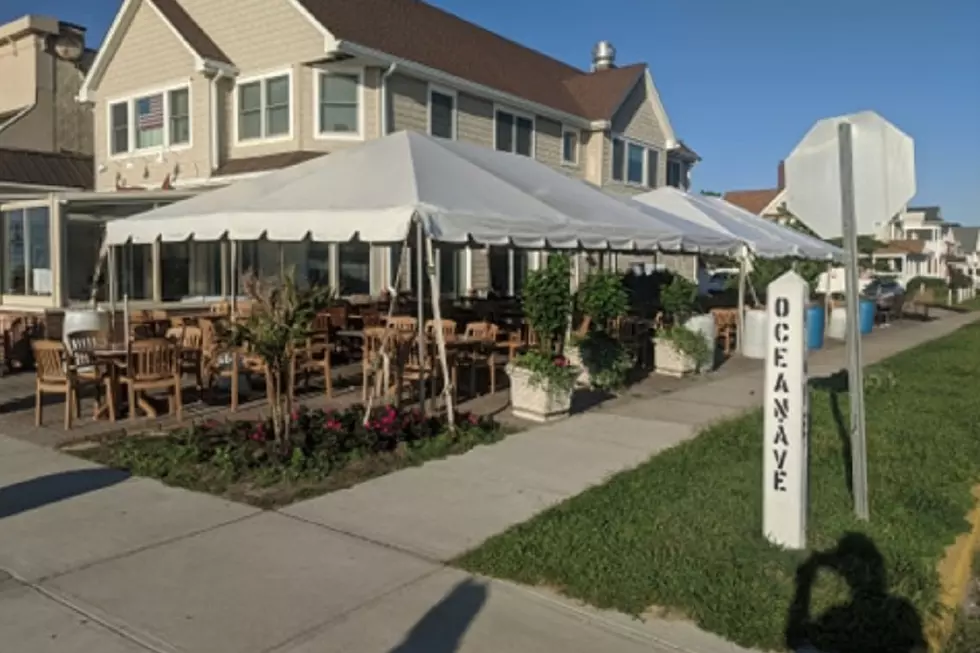
Should N.J. police and fire unions take over management of their pension fund?
Despite objections from one of the unions that would be involved, a bipartisan Senate panel advanced a plan to shift control of investing New Jersey’s police and fire pension system to a labor-run board.
The idea has been explored for more than two years, and negotiated in private for more than six months, but the Professional Firefighters Association of New Jersey never came on board with the idea. It says there’s too much risk involved; the structure would also make give them a minority stake.
“The State Investment Council has begun to make positive changes,” PFANJ president Dominick Marino said of the Treasury panel that guides fund management. “More positive changes to the current system can be accomplished through minor legislative changes. There is not a need to do this drastic change.”
“This bill or a variation of the bill is not the direction to go down. We have too many variables and too many unknowns that can happen,” said Marino, such as who would be responsible for funding pensions if investment returns were poor.
The Police and Firemen’s Retirement System of New Jersey has around 40,000 members. Overall, the PFRS was 70 percent funded as of June 2016. The section for local employees was in healthier shape, at 74.5 percent funded, while the state-worker section was funded at 41 percent.
The funding percentage has drifted down in recent years, even though employee contributions were increased and the state has begun ramping up its contributions. Union officials said it’s time to change the management to more closely align how private-sector unions operate their pensions.
“Please understand that anything we did was not taken lightly and without any kind of prejudice to make sure that No. 1 goal: We hurt not one cop or not one firefighter,” said Ed Donnelly, president of the New Jersey Firemen’s Mutual Benevolent Association.
“It’s my pension. I need to wake up and see that it’s being cared for, that it’s being invested smartly, and we can’t respectfully count on the state of New Jersey to do it any longer,” said Patrick Colligan, president of the New Jersey State Policemen's Benevolent Association.
A few months ago, the New Jersey State Fraternal Order of Police wasn’t supportive of the plan, but its president, Robert Fox, testified in favor of the legislation Thursday.
Eric Richard, a legislative affairs coordinator for the New Jersey AFL-CIO, said the structure of the proposed board guarantees at-large retiree seats would be controlled by the larger PBA, calling it “a built-in prejudice” against smaller unions like the PFANJ.
“These four unions have historically not seen eye-to-eye on a whole host of matters, as we are all aware of,” he said. “To now have one union dominate a board of directors with the Professional Firefighters only having token representation on that board in our opinion is a recipe for chaos and confusion.”
“If four unions were able to work themselves together, we wouldn’t have two police unions. We wouldn’t have two fire unions,” Marino said. “We all have different philosophies. We all have different ways of doing things. We have Republicans and we have Democrats. So there’s a balance.”
Senate President Stephen Sweeney, D-Gloucester, who is sponsoring the proposal, S3040, said he’d like all four unions to back the plan but can’t get a straight answer from the PFANJ about its opposition.
“Firefighters and cops I would think would work together to look out for themselves,” Sweeney said. “There were complaints, too many hedge funds. Right? Remember the complaints we had? Too many hedge funds were used on the pensions in the past. We’re paying too high a fees. To control your own destiny is what we’re talking about here.”
Sen. Paul Sarlo, D-Bergen, said unions should step fearing hidden messages designed to hurt them.
“I understand the police and fire have had a bad run with the governor, but it can’t keep looking in the mirror and saying, ‘The governor, he’s lurking behind here. There’s something behind here that’s going to come out and impact us.’ We need to get beyond that.”
The Senate Budget & Appropriations voted 10-1 for the bill, with Sen. Brian Stack, D-Hudson, opposed. Two senators voted to abstain – Sen. Teresa Ruiz, D-Essex, and Sen. Sam Thompson, R-Middlesex, the latter of whom suggested a supermajority vote should be needed for the board to improve benefits.
Rob Nixon, the PBA’s director of government affairs, told lawmakers the union would be open to discussing a need for additional votes to enhance pensions.
“This bill is not about taking over the pension system so that we can restore benefits lost under any previous reforms. It is about fully funding the system,” Nixon said.
Towns and counties said the support the concept but have concerns about the bill’s details.
Local governments should have equal representation on the board, said Michael Darcy, executive director of the New Jersey State League of Municipalities.
“If the employers are required to put in two and a half times the amount the employees are required to put into the pension system, the employers are in effect putting more skin in the game and putting more risk on the table,” Darcy said.
In the most recent fiscal year, workers paid in $386 million and employers paid in $918 million. Its investments lost $150 million, while more than $2 billion in monthly benefits were paid out. The PFRS actuarial value is $26 billion – but the projected benefits exceed $37 billion.
New Jersey: Decoded cuts through the cruft and gets to what matters in New Jersey news and politics. Follow on Facebook and Twitter.
Michael Symons is State House bureau chief for New Jersey 101.5 and the editor of New Jersey: Decoded. Follow @NJDecoded on Twitter and Facebook. Contact him at michael.symons@townsquaremedia.com
More From New Jersey 101.5 FM









